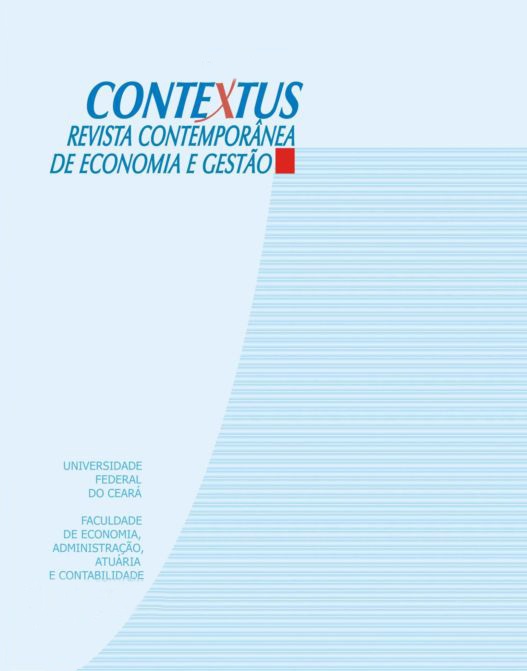COMMUNICATION STYLES OF GLOBAL BRANDS IN DIFFERENT CULTURAL CONTEXTS: A STUDY OF THE MCDONALD’S BRAND
DOI:
https://doi.org/10.19094/contextus.v12i1.32170Keywords:
Advertising communication styles. Branding. Adaptation of advertising campaigns. Global marketing strategies. Global brands.Abstract
The aim of this study is to analyze the communication styles adopted by McDonald’s brand in the North American and Brazilian markets, based on the concepts of Mooij (1998). With qualitative research method, the sample is intentional choice, with the social set consisting of four commercials (two Brazilian and two American) for certain McDonald’s product, resulting in twelve commercials. Through the content analysis technique, the findings showed that the adaptations of communication are similar in both countries. Specifically: a) four Brazilian commercials were classified as direct mode (focused on the individual) and only two Americans are in this mode, contrary to the usual definition about Brazilian people; b) the majority of Brazilian commercials has its verbal communication in the affective type (oriented to the receiver of the message), while the American communication is mostly instrumental (persuasive selling message); c) the possible relationships of similarities or differences regarding the purchasing power did not reveal profound distancies.Downloads
Published
How to Cite
Issue
Section
License
The authors, while doing the submission, accept the notice below:
We authors hold the copyright related to our paper and transfer Contextus journal the right for the first publication with a Creative Commons’ international license of the modality Attribution – Non-commercial 4.0, which in turn allows the paper to be shared providing that both the authorship and the journal’s right for initial release are acknowledged.
Furthermore, we are aware of our permission to take part in additional contracts independently for non-exclusive distribution of the version of our work published in this journal (e.g. publishing it in an institutional repository or as a book chapter), while acknowledging both the authorship and the journal’s initial publication.
We also certify that the paper is original and up to this date has not been released in any other journal, Brazilian or of another nationality, either in Portuguese or another language, as well as it has not been sent for simultaneous publication in other journals.
Last, we not only know that plagiarism is not tolerated by Contextus but also certify the paper presents the sources of passages from cited works, including those authored by ourselves.









3.png)


1.jpg)



1.jpg)


1.jpg)






.jpg)



1.jpg)

1.jpg)


1.jpg)

1.jpg)
1.jpg)
2.png)




1.jpg)
2.jpg)

1.jpg)





1.jpg)


1.jpg)
1.jpg)
